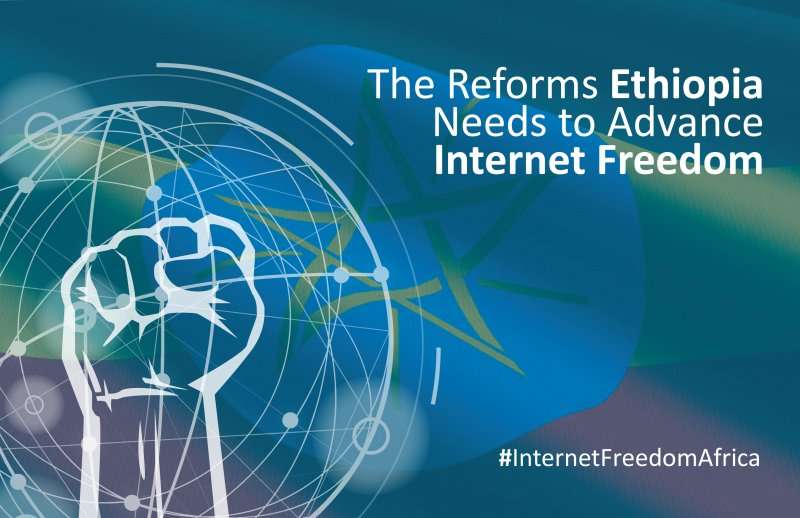Policy Brief |
Since April 2018, the new Ethiopian government has been undertaking unprecedented political and economic reforms. This follows countrywide protests that forced the former Prime Minister Hailemariam Dessalegn to resign in February 2018, leading to the appointment of a young and charismatic new premier, Abiye Ahmed two months later. Since then, the government has freed thousands of prisoners; announced measures to liberalise the telecom, aviation, and transportation sectors; and dropped charges against many opposition leaders, bloggers, and activists. Further, the new administration has lifted the state of emergency that had been reinstated in February 2018, reconnected mobile and broadband internet services that were cut off since 2016, and unblocked 246 websites, blogs, and news sites that have been inaccessible for over a decade.
These changes in Ethiopia did not come at a whim. The protests that started in November 2015 in the Oromia region spread to other parts of the country. In response to these protests, the previous government continuously blocked social media sites and implemented national and regional internet blackouts, often claiming it aimed to safeguard national security or to stem cheating during national exams. Consequently, the Oromia region lost internet connectivity for two weeks in March 2018, three weeks before the new prime minister was sworn in. Moreover, as access to the internet deteriorated in the country, the government criminalised freedom of expression online and offline. The arbitrary arrests, detention, and torture of members of the Zone Nine bloggers collective showed how far the government was willing to go to suppress dissenting voices.
The new Prime Minister and his cabinet have promised to open the democratic space in the country and expand freedom of expression online and offline. However, these reforms should go beyond the unblocking of a few hundred websites; they should bring in real changes that will make it impossible to regress to old habits. Therefore, reforms to be implemented must expand internet penetration from the current 15%, to the larger offline majority. Laws that prosecute freedom of expression online and offline like the Anti-Terrorism Proclamation and Computer Crime Proclamation must undergo substantial revisions to meet international standards. Further, the changes within the law enforcement and intelligence agencies should go beyond replacing old officials with new ones, but must tame the undue power given to these bodies to conduct unwarranted surveillance and censorship of netizens. Lastly, the new government should desist from internet shutdowns and censorship.
See this brief titled The Reforms Ethiopia Needs to Advance Internet Freedom which gives a detailed description of prevailing challenges to internet freedom in Ethiopia and proposed reforms the Ethiopian government needs to undertake to improve internet freedom in the country.


